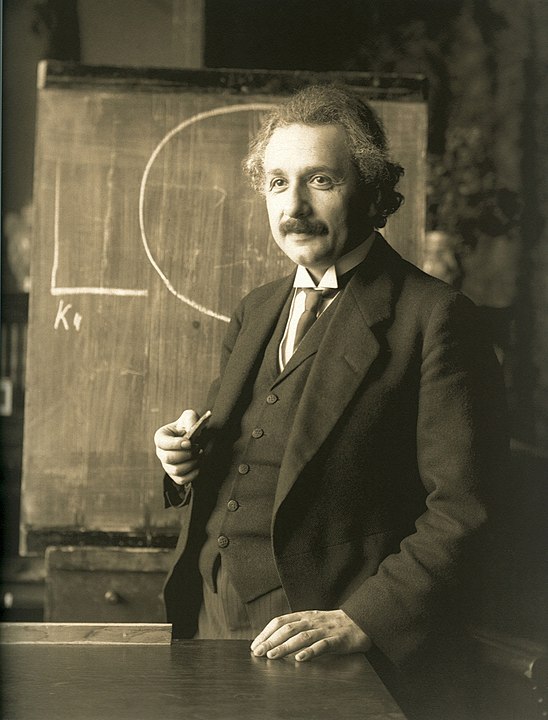Why was Albert Einstein Awarded the Noble Prize for Physics in 1921?
The Extraordinary Genius of Albert Einstein: A Look into His Nobel Prize for Physics in 1921
Albert Einstein, an iconic figure in the field of theoretical physics, has left an indelible mark on our understanding of the universe. Renowned for his groundbreaking theories and remarkable intellect, Einstein’s contributions to science have garnered global recognition. In 1921, his remarkable achievements were acknowledged as he was awarded the Nobel Prize for Physics. In this article, we delve into the reasons behind Einstein’s prestigious recognition and shed light on his revolutionary discoveries.

The Photoelectric Effect and Quantum Theory:
Einstein’s Nobel Prize was primarily awarded for his elucidation of the photoelectric effect, which played a pivotal role in the development of quantum theory. In 1905, in what is often referred to as his annus mirabilis, or “miracle year,” Einstein published a series of groundbreaking papers that transformed our understanding of the physical world. One of these papers, “On a Heuristic Viewpoint Concerning the Production and Transformation of Light,” explained the photoelectric effect.
The photoelectric effect refers to the emission of electrons from a material when exposed to light of a specific frequency or higher. Einstein’s explanation of this phenomenon was revolutionary because it challenged the prevailing wave theory of light and introduced the concept of photons, or particles of light. By proposing that light consists of discrete particles, or quanta, Einstein successfully bridged the gap between the wave and particle nature of light, thus paving the way for the development of quantum theory.
Significance of the Photoelectric Effect:
Einstein’s work on the photoelectric effect was of tremendous significance, both theoretically and practically. His groundbreaking insights formed the foundation of quantum theory, which revolutionized the field of physics. Furthermore, his discoveries had profound implications for the development of technologies such as solar cells and photodetectors, which rely on the photoelectric effect to convert light energy into electrical energy.
Contribution to the Advancement of Physics:
In addition to the photoelectric effect, Albert Einstein broader contributions to physics played a crucial role in securing his Nobel Prize. His famous theory of relativity, particularly the special theory of relativity published in 1905, fundamentally transformed our understanding of space, time, and gravity. The theory challenged the traditional Newtonian concepts and presented a new framework for interpreting the physical laws governing the universe.
Although the Nobel Committee did not recognize Einstein’s theory of relativity directly, it undoubtedly contributed to his overall scientific reputation, making him a leading candidate for the prize. The committee also took into account Einstein’s numerous other contributions, including his work on the Brownian motion (providing empirical evidence for the existence of atoms), the theory of specific heat, and his seminal papers on the theory of general relativity.
The Importance of Recognition:
Einstein’s Nobel Prize for Physics in 1921 not only acknowledged his significant scientific accomplishments but also provided wider recognition for the burgeoning field of quantum physics. The award brought Einstein international acclaim and solidified his position as one of the most influential physicists of his time. It also highlighted the importance of theoretical breakthroughs in driving scientific progress and shaping our understanding of the universe.
Conclusion:
Albert Einstein Nobel Prize for Physics in 1921 was a testament to his exceptional intellect and groundbreaking discoveries. The recognition he received for his work on the photoelectric effect marked a turning point in our understanding of light and paved the way for the development of quantum theory. Additionally, his theories of relativity and other significant contributions to physics demonstrated the depth and breadth of his scientific insights. Einstein’s Nobel Prize not only honored his remarkable achievements but also shed light on the transformative power of scientific inquiry and the pursuit of knowledge.




